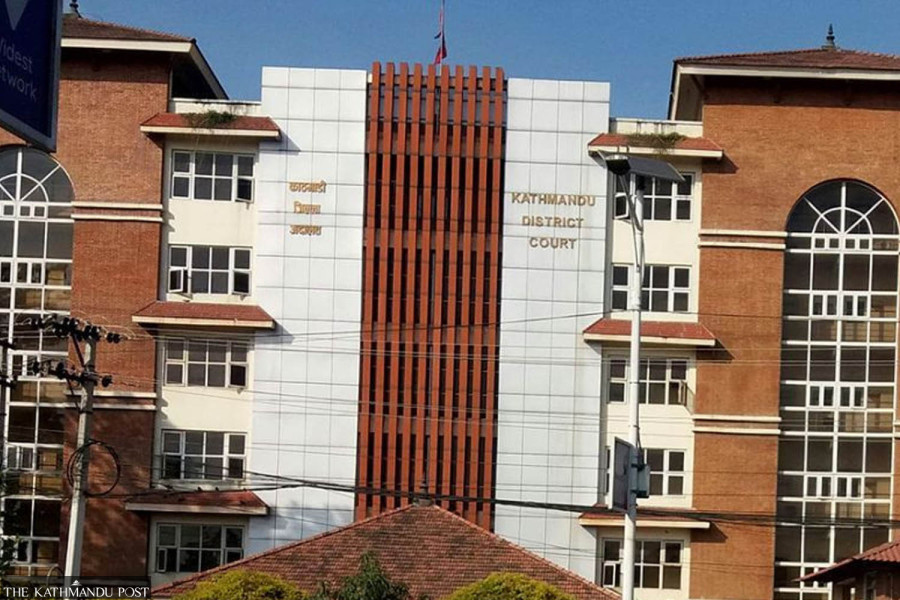Editorial
Family matters
It is vital to examine the potential of expanding family benches to other districts with high populations.
Nepal’s judiciary is infamous for its case backlogs and slow pace of work. However, the recent establishment of two family benches in Kathmandu District Court starting early this month has given hope to women who have historically faced challenges accessing justice, especially related to family matters, domestic and sexual violence, inheritance, discrimination and divorce, among others. Further, Chief Justice Bishowambhar Prasad Shrestha has announced that such benches will be extended to Lalitpur and Bhaktapur. This commendable step will not only help address the long-standing issues in the country’s justice system but also expedite hearings, particularly those concerning women.
Domestic violence has been on the rise in Nepal in recent years. In the fiscal year 2020-21 alone, 14,232 cases were reported, followed by rape cases (2,532). Similarly, in 2018, domestic violence was the highest reported crime against women, accounting for 65 percent of all cases, as per Women’s Rehabilitation Centre Nepal, a non-governmental organisation working on women’s rights and social justice. Worse, women in Nepal suffer verbal, physical and mental abuse, which makes them vulnerable throughout their lives—and hence the necessity of such benches.
The concept of the family bench, however, is not new. Many countries have separate courts to deal with family matters, marriage disputes and divorce. Nepal’s southern neighbour India has been practising this, thanks to the Family Courts Act 1984, and has 785 such courts. The need for such courts in Nepal has also long been felt. Thankfully, they have now come through after over a decade of effort from various quarters. The family desk now handles women-friendly hearings on divorce, child custody, claims for alimony and visitation.
Fortunately, this idea has already yielded positive outcomes. In the past week alone, two dedicated benches at the district court were designated to hear solely civil cases related to women, clearing them at a fast clip. The Kathmandu District Court has a backlog of 30,000 cases, of which around 1,000 are related to women and children and come under the jurisdiction of the family benches. Court officials report that approximately two dozen cases are being heard in family benches on a daily basis, expediting the process of hearings that would otherwise take years.
However, for now, this provision is limited to district courts and Kathmandu Valley. Even though the plaintiffs can appeal the cases in the high court and Supreme Court in case of dissatisfaction, there are no family benches in these higher courts. India’s law requires state governments to establish a family court in every city or town with over a million people. As Nepal plans to extend this service to two other district courts, it is vital to study and examine the potential of spreading the practice to other districts with higher populations, considering how Nepali women continue to be beset by domestic violence. The government must ensure efficient operation and expansion of these courts to deliver justice quickly, efficiently and affordably.
Only time will tell how effective this idea will be, but it will undoubtedly help solve gender-related issues and provide justice to women. The government should spare no effort to make this nobel idea fly.




 8.79°C Kathmandu
8.79°C Kathmandu














